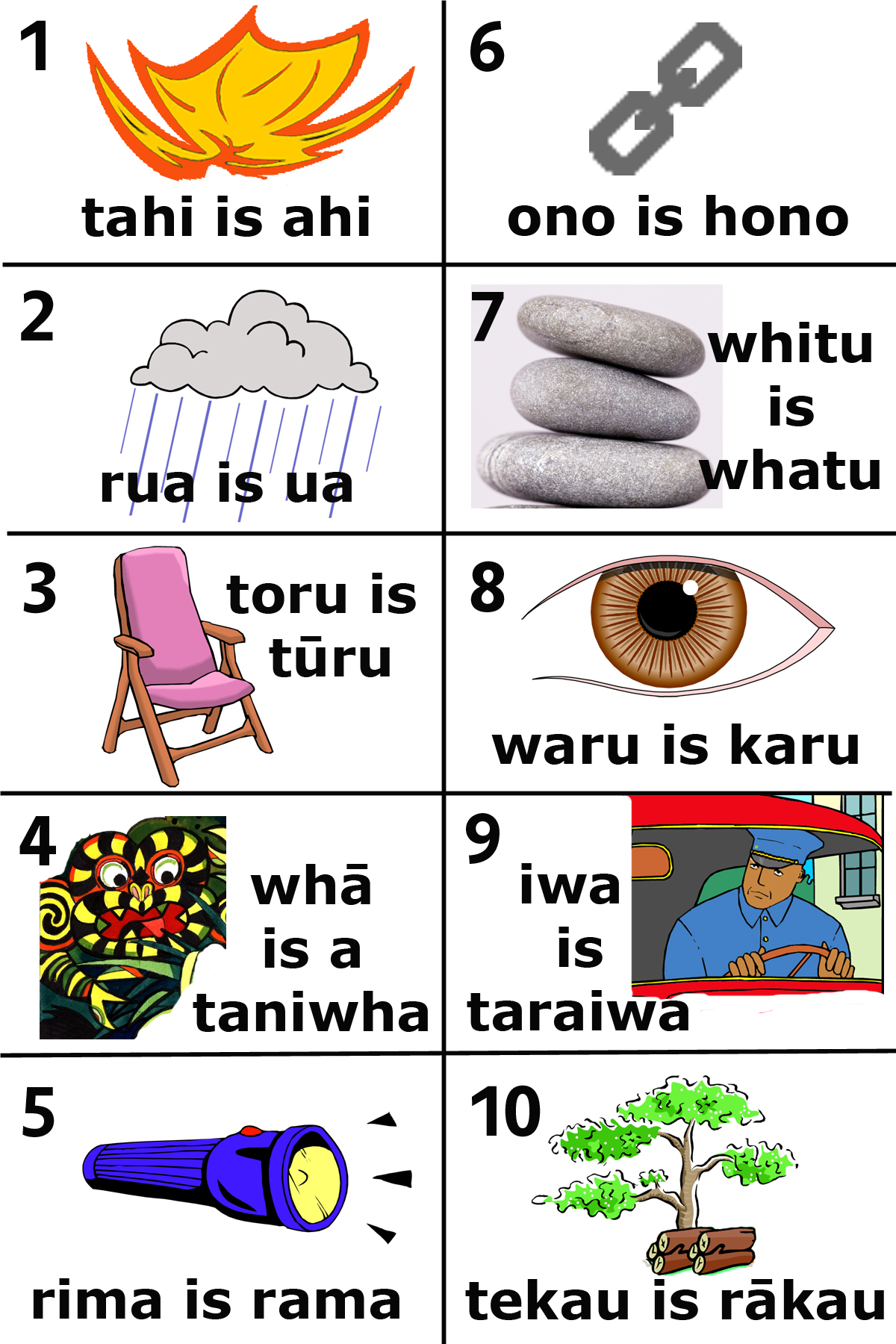Movement with Meaning: A Multisensory Program for Individuals in Early-Stage Alzheimer's Disease
Those of us in the field of dementia care are reexamining our philosophical beliefs and exploring practical, hands-on approaches in our relationships with individuals living with Alzheimer's disease. We are creating innovative programs and developing a new framework for preserving the emotional health, autonomy, and dignity of those who need us to walk hand in hand with them, witnessing the process of their experiences with empathy and respect.
